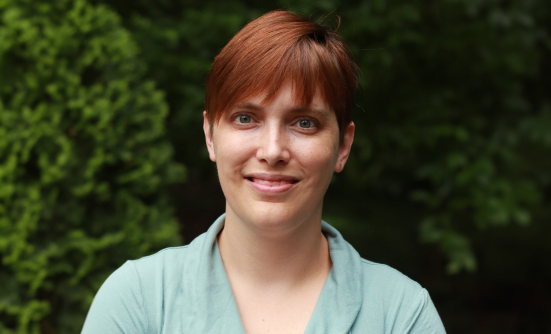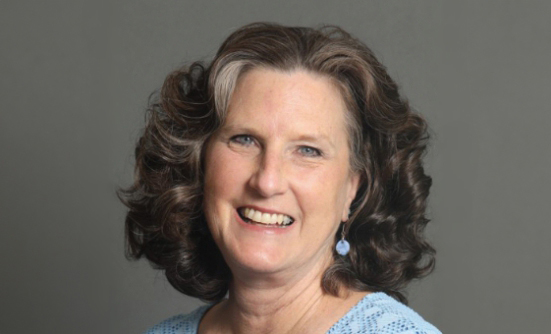You may be feeling totally overwhelmed since being diagnosed with breast cancer. That is understandable and to be expected. It’s unlikely you had getting a diagnosis of breast cancer on your list of goals to accomplish now, or for that matter, ever. But it has been added to the list, and that can stop a woman in her tracks. You may be feeling alone and isolated. You may be feeling confused and at a loss as to where to get help. Rest assured that there is guidance and support available. Let me tell you about some available resources.
First of all, turn to the multidisciplinary team that is going to take care of you, beginning with your oncology navigator. She is a wealth of knowledge and support and can provide you with information about breast cancer, including details about interpreting the stage of your breast cancer. She can translate into simple terms what your treatment options are, provide psychological support for you and your family, and make sure you stay on track for each phase of your treatment. Consider her your “go to” person throughout your cancer treatment. She may be able to connect you with volunteers who have already completed treatment for breast cancer, so you can talk directly with a survivor who has “been there.” Your oncology navigator may also work with team members who can help remove barriers to your care by providing transportation if needed for your appointments or financial support for prescriptions and other medical expenses. In some cases, she may even help you work with team members to find assistance with paying your household bills while receiving treatment. Each member of your healthcare team specializes in some aspect of your care and treatment. Each professional helping you along your journey will provide educational support designed to empower you so you can participate more confidently in making decisions about your treatment options—to the degree that you wish.
There are national and regional advocacy organizations that you may never have heard of unless you have had personal experience (yourself, a family member, or a close friend) with breast cancer. Your breast cancer navigator will tell you about them. There are organizations that focus on young women and those dealing with stage IV breast cancer. Take advantage of these organizations. They are there for you.
Your family and friends may be as distressed as you that you have been diagnosed with breast cancer. You may have siblings who are worried. If you are in a relationship, your spouse/partner may be spending hours online trying to figure out how to “fix” this by finding the right treatment for you. Of course, no one can become an oncologist overnight. Still, this individual may have a personal need to try to read everything available. Men have a tendency to want to shield you from their emotions. You might be sitting in a puddle crying, and the men in your life—spouse/ partner/brother/father—may appear quite stoic. Don’t be fooled. They are very upset but trying to hold it together. Mothers often become basket cases and commonly cry even more than the patient. They try to figure out why and how this happened. Your mother may retrace your entire life back to when she was pregnant with you, trying to determine what you were exposed to, experienced, or may have inherited genetically that caused your breast cancer. (By the way, there is an organization to support her too. Otherwise, trying to comfort her could drain you of your energy.)
If you have children, you may receive support from them or need to provide support to them, depending on their ages. You should keep a young child’s routine as normal as possible. If you have teenagers, you may be calling on them to help with more chores around the house, including preparation of meals, babysitting, food shopping, and other assignments. If that is the case, keep in mind that although you are treating them more like adults, they are still teenagers and need emotional support. Be sure to let them still be teens, going to the movies on Friday nights and having friends over after school.
When it comes to your friends, particularly close friends, many desperately want to be there for you. Although distressed, they are ready to roll up their sleeves and do whatever you need. A breast cancer patient may hear from many friends, “Please tell me what you need, and I’ll do it,” and often the response given is, “Oh, OK. I’ll get back to you on that.” But the patient doesn’t get back to the friend. Well, you need to make a list of the chores and needs that you do in fact have and start parceling them out to these friends. Believe me, it will be a godsend to you, and it will also make them feel better knowing they are contributing in some way. Taking your son to ball practice, picking up a prescription from the pharmacy, baking casseroles to put in your freezer are all things you need, so tell them so. You will be doing the same thing for them when they experience a crisis in the future, right?
As you continue on your journey, you will discover more helpful resources on your own. Write them down. Make your navigator aware of them as well so she can pass them along to other newly diagnosed patients.
Remember, you are not alone. There is a wealth of support just waiting to help you and guide you along this journey.















